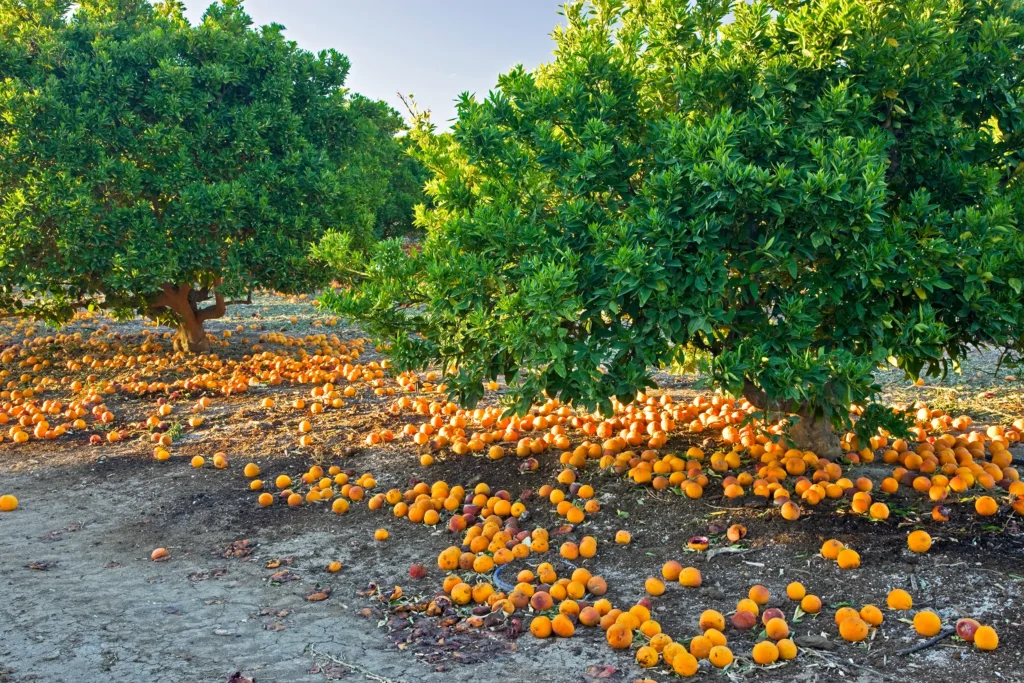Turkish citrus farmers and consumers find themselves trapped in a dilemma as the prices of fruits skyrocket from the orchard to the counter due to a complex web of factors, including labor costs, transportation and market dynamics.
Burak Karabucak, the head of a citrus producers’ association in the southern province of Adana, lamented the stark difference in prices, revealing that tangerines, which sell for 3 to 5 Turkish Liras in orchards, can escalate to 20 to 30 liras in markets and grocery stores.
Karabucak pointed to elevated expenses such as fuel, labor, packaging and transportation as major contributors to the surge.
Faced with a record increase in citrus production this year, Yaşar Özkan, the head of the Chamber of Agriculture in Adana’s Seyhan district, noted a 30 percent surplus.
This surplus, partly attributed to regional unrest hindering exports to key destinations such as Russia, Iraq and Syria, has added to the challenges farmers face, Özkan said.
Ahmet Şeref Gümüş, a local head of the chamber in nearby Mersin province, highlighted the impact of high diesel prices. Gümüş explained that the intricate process from harvesting to packaging amplifies the final price paid by consumers.
Farmers in Türkiye’s earthquake-stricken cities in the south, such as Hatay, say they are grappling with additional challenges. Mustafa Özdoğan, the head of the chamber in the city’s Erzin district, cited difficulties in finding workers and the unplanned expansion of production areas.
Mustafa Ölke, a 64-year-old farmer in Adana, expressed concern over decreasing exports, labor shortages and rising costs, leaving many farmers with unsold produce. Other farmers, like Mitat Bozdoğan in Hatay and Burhan Erdemli in Mersin, echoed similar sentiments, attributing their struggles to the pandemic-induced export restrictions.
In response to these challenges, some farmers are urging local municipalities to step in.
Meanwhile, a group of environmental and consumer associations in southern Türkiye have filed a lawsuit against the regulation on the planning of agricultural production, arguing that it lacks objective criteria and may force small farmers to abandon agriculture.
The regulation, published in the Official Gazette on Sept. 14, aims to plan crop, animal and aquatic production based on enterprise or basin criteria.
The petition submitted to the Council of State emphasizes the alleged lack of public benefit in the regulation and claims it is against the constitution.
The petition argues that the regulation, with its potential to accelerate rural-to-urban migration, fails to address imminent threats like earthquakes, climate crises, droughts, floods and global pandemics.


